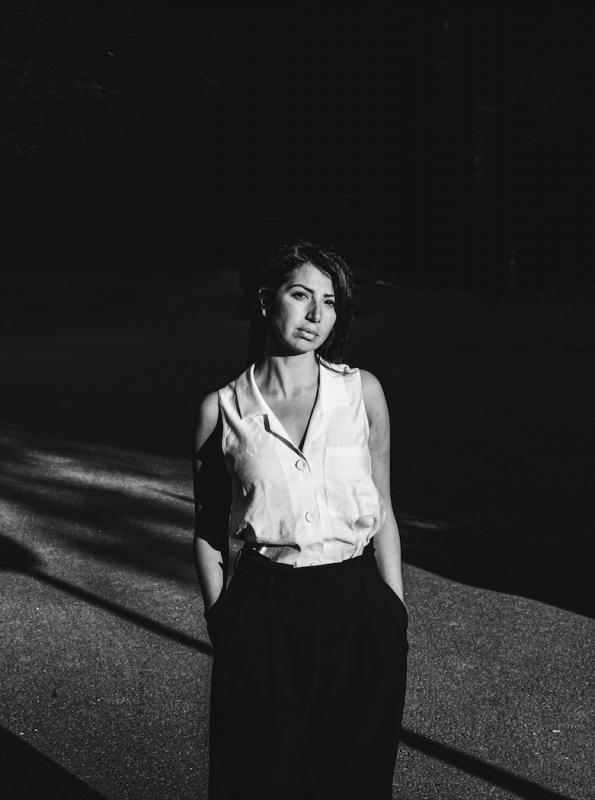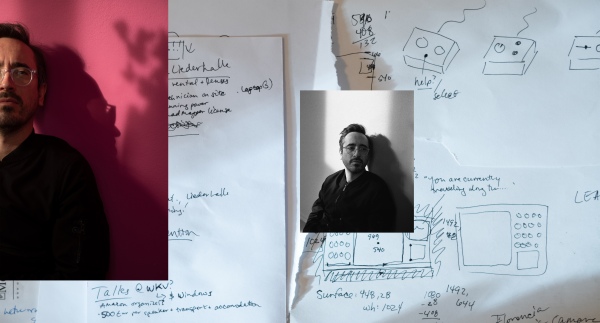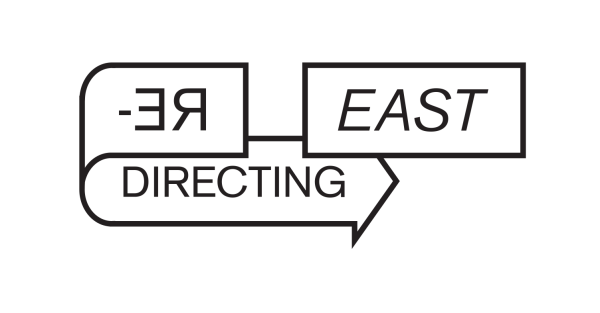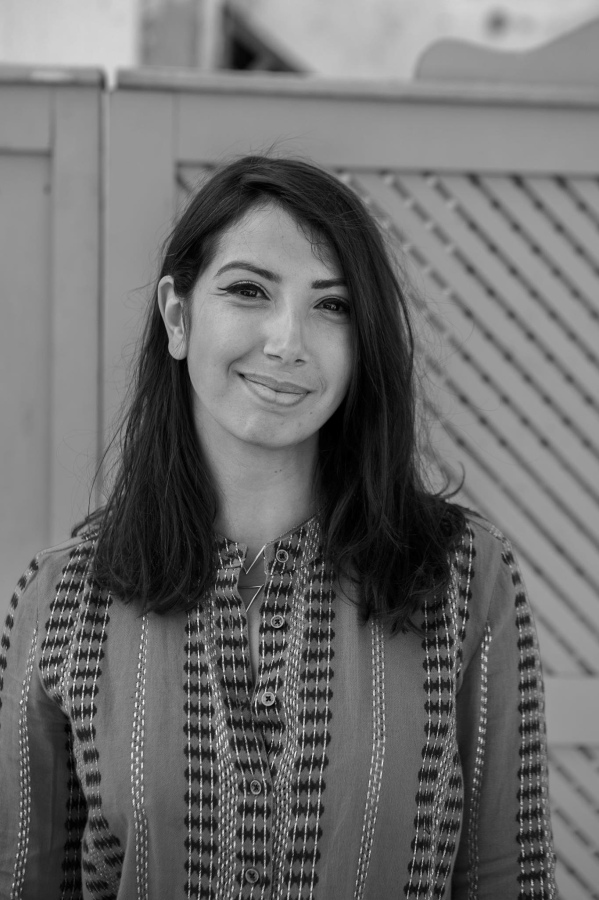Aziza Harmel on Re–Directing: East 2019
-
Marianna Dobkowska: Where do you come from and what did you bring with you to the Forum and the Re–Directing: East Seminar?
-
Aziza Harmel: I’m an independent curator based in Tunisia. My work revolves around the themes of visibility, ghostly matters, presence of absence, remoteness, and love. Before coming to the residency, I was already thinking about examining the invisible political struggles in Tunisia, particularly in relation to what happened in 2011.
-
When my friend told me about the open call for the residency, we spoke about how we could collaborate on a project together. We talked about love and desire. We also spoke about why we would want to reactivate axes of solidarity between the former Eastern Block and the MENA region.
-
At the time, I was already working on the archives of the communist party in Tunisia, trying to map and investigate invisible struggles, thinking about the events of 2011, the revolution, and how the uprising was somehow rooted in a kind of non-institutionalised opposition. I had been examining the figure of Jamila Ben Othman, the wife of the Communist Tunisian leader, who is what I call an invisible and active member of the common fight.
-
So, I proposed to think about the link between the former Eastern Block and the MENA region through love letters that Jamila sent to Valentina Tereshkova. This was, of course, a speculative narrative but it also had a lot of truth in it. They did meet eventually and I thought that the knowledge they shared was very interesting.
-
Love letters between a Tunisian woman named Jamila and a Russian Cosmonaut named Valentina. That is where we could start in order to shift the trajectory of our knowledge. But I guess the question is what we want to know through this? I think we want to know how to build a new front, and in order to do so we must create a new way of thinking about love. A new love based on a common desire for a real shift within the political realm. This notion of a new love is an adventure with something important at stake. Something that is based on sacrifice, violence, and patience.
-
-
What was your residency and seminar experience?
-
Firstly, I don’t think this was so much of a trans-national experience, because we were not really representing our nations, and it had more to do with trans-locality and building relations. I’m not sure if it changed much about our initial idea, but it definitely added something to the notions of labour and the adventure of love. We did not glorify the past, but it was somehow painful to reactivate, face and unsettle the presence of our own historical and social conditioning. I think it takes time and patience to build strong bonds.
-
Most of us have a strong and permanent relationship with water. This realisation came as no surprise and it was a starting point for our attempt to think about a common desire. We talked about mobility, about exhaustion, about liquefaction, about the sea, about drowning...
-
We sat together and talked passionately about all these matters. Over the month, we came closer and became more emotional. We found interesting ways to formulate concerns and issues, and we slowly shifted towards an attempt to think of solutions. Maybe this was already an alternative way of creating an institution, and I believe that institutions can only really be called such, if they are able to reproduce and sustain themselves. Otherwise, the process just become another precarious art project. I believe we were very aware of this, and so we built our relations carefully and slowly, wondering about the right pace and reflecting on trust and generosity.
-
-
What will you take with you from the residency and the seminar?
-
I learned a lot, but I think I’m leaving with even more questions. I feel some relations started on both the personal and beyond the personal level that will definitely continue. I believe that this is just the beginning of a love affair. Maybe we did not see it immediately, but I believe that we found a number of beautiful ways to share common desires.



